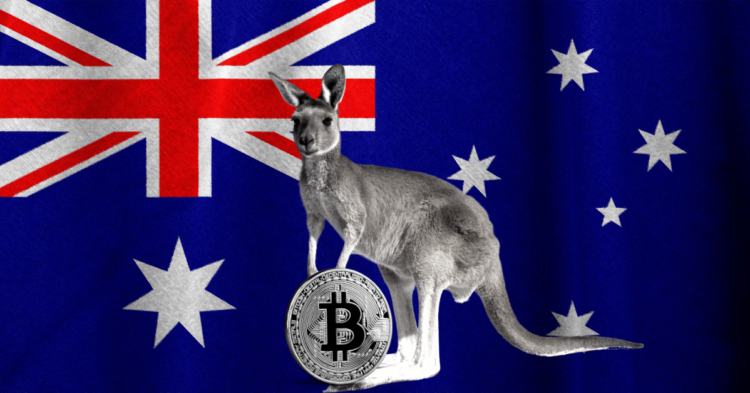Australia is on the brink of significant transformations in its cryptocurrency regulatory landscape. The Australian Securities and Investments Commission (ASIC) has introduced a set of new licensing requirements aimed at bringing cryptocurrency businesses into compliance with financial regulations. This reform could compel numerous crypto firms to obtain licenses, sparking concerns about whether it might drive startups to consider relocating their operations outside the country. The pivotal question remains: Is Australia’s crypto future at risk?
Mandatory Licensing for Crypto Firms
The proposed regulations outlined in a consultation paper require most crypto exchanges and companies involved with digital assets to acquire financial licenses. These include the Australian Financial Services License (AFSL) and, in certain cases, an Australian Market License. ASIC’s initiative seeks to broaden the scope of what is defined as a financial product, now encompassing stablecoins, staking services, exchange tokens, and wrapped tokens. However, notable exclusions from these requirements include Bitcoin, Ethereum, memecoins, and gaming-linked NFTs.
ASIC Commissioner Alan Kirkland emphasized the necessity of balancing innovation with consumer protection. He called upon stakeholders to actively engage in the consultation process, which is set to conclude on February 28, 2025. This engagement is crucial in shaping a regulatory environment that fosters growth while safeguarding consumer interests.
Bold Step Toward Clarity!
Despite the challenges, some industry leaders perceive the new guidelines as a progressive move toward regulatory clarity. Jason Titman, CEO of Swyftx and ASX Company director, recognized that clear regulations could enhance market confidence. Australia’s approach, though stringent compared to other nations, is seen as a proactive measure to establish a structured market.
The finalized guidelines, anticipated by mid-2025, will play a pivotal role in determining whether Australia emerges as a forerunner in regulated crypto markets or if it risks losing its edge in innovation. The direction taken by these regulations will be critical to maintaining Australia’s position as a competitive player in the global crypto arena.
Concerns for Smaller Businesses
The stringent regulations raise concerns for smaller crypto enterprises. ASIC’s mandates, which include maintaining substantial financial reserves, pose significant challenges for startups. Charlie Karaboga, CEO of Block Earner, pointed out that such requirements could impede innovation and compel startups to consider operating offshore. “While this regulatory clarity is beneficial, it imposes substantial financial burdens on small businesses like ours,” Karaboga remarked.
Legal experts echo these concerns, warning of a potential exodus of crypto firms from Australia. Joni Pirovich, a noted crypto lawyer, highlighted that the compliance costs associated with these regulations might deter new market entrants, thereby diminishing Australia’s competitiveness on the global stage.










